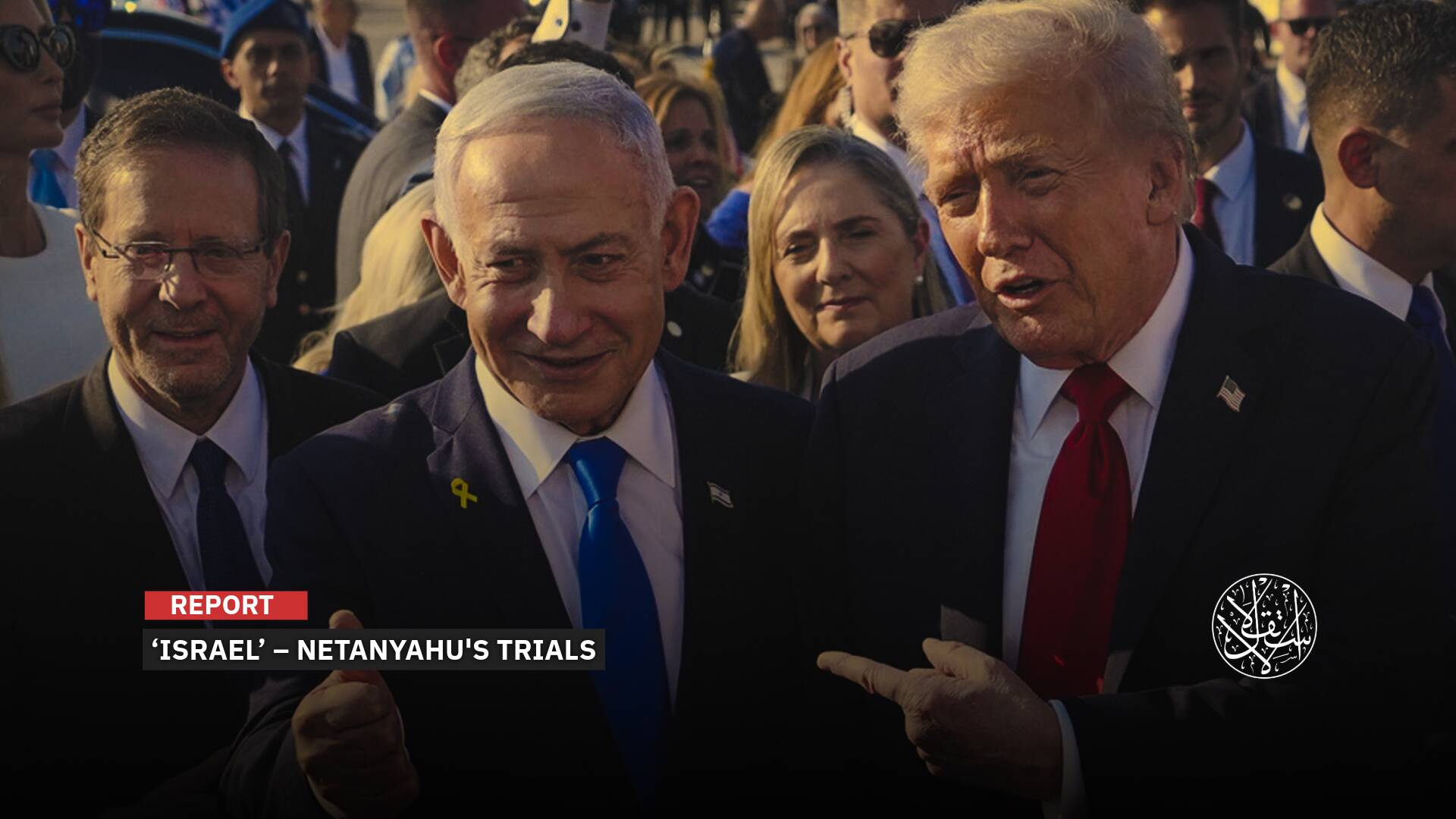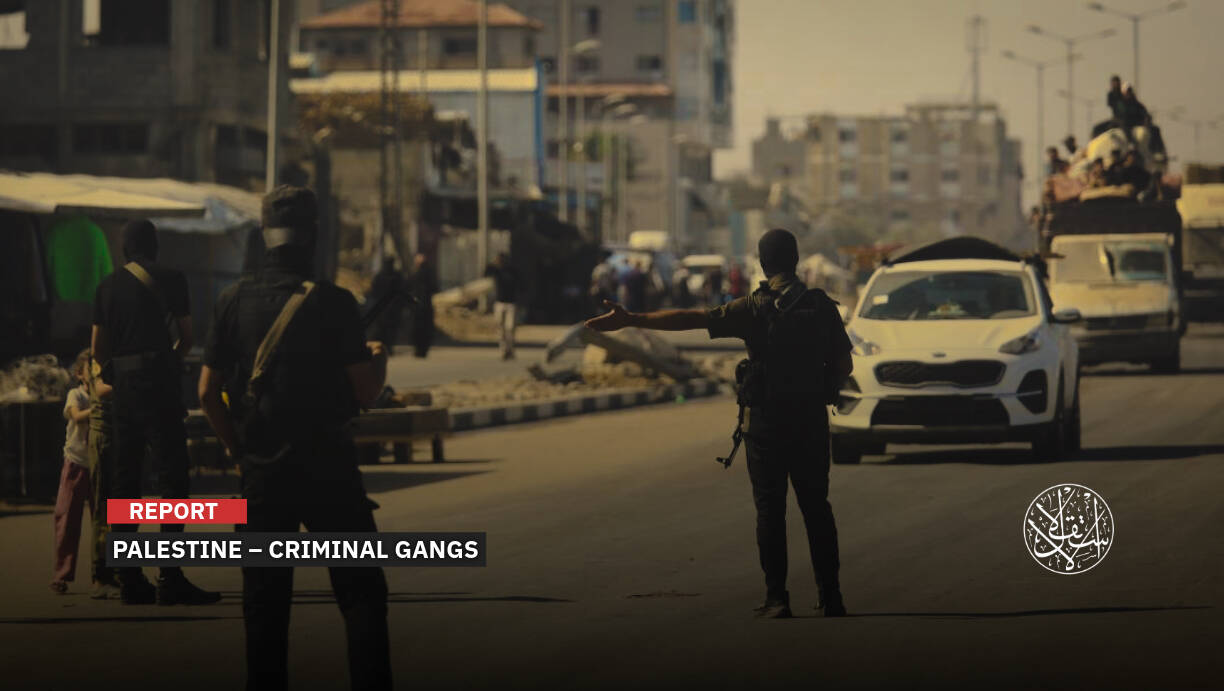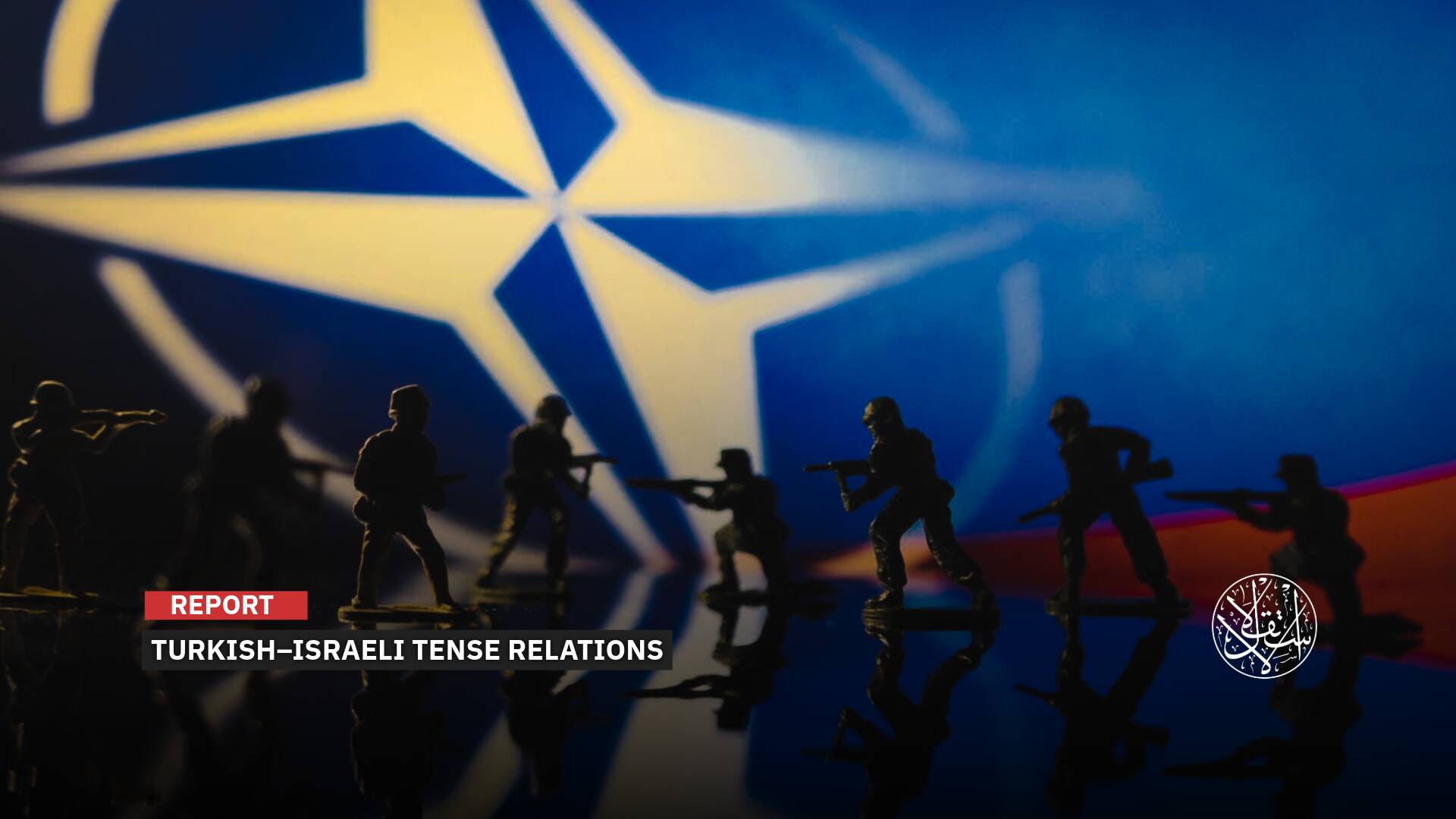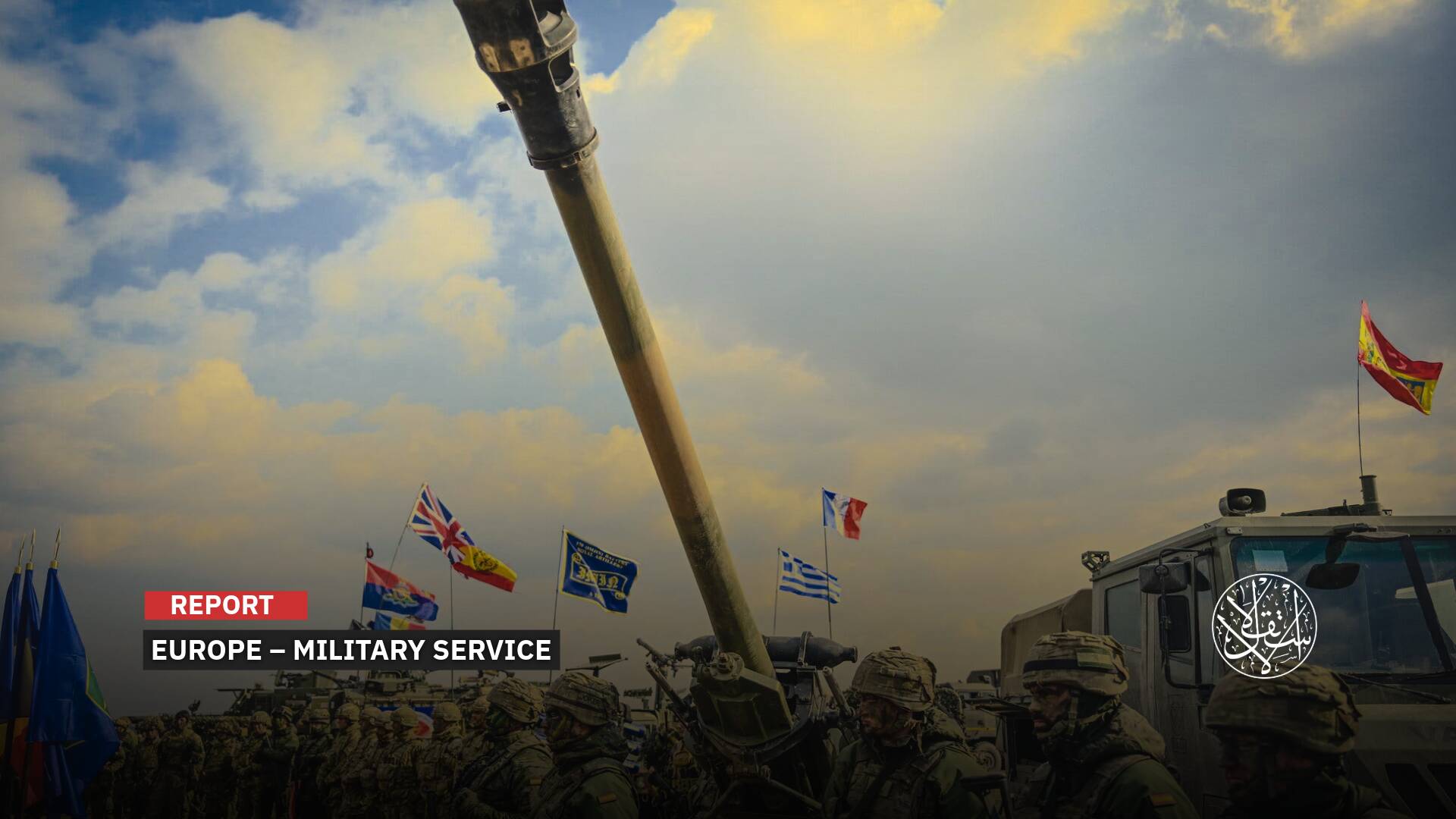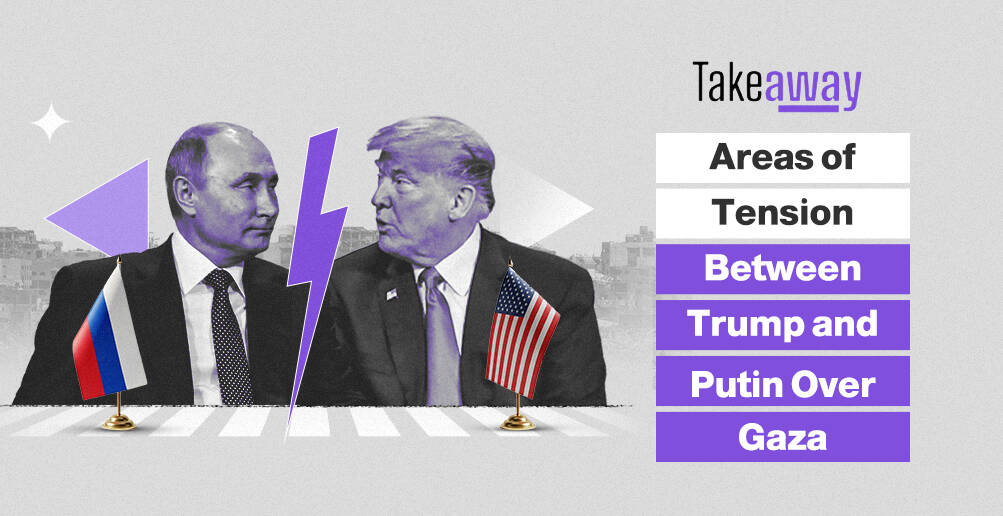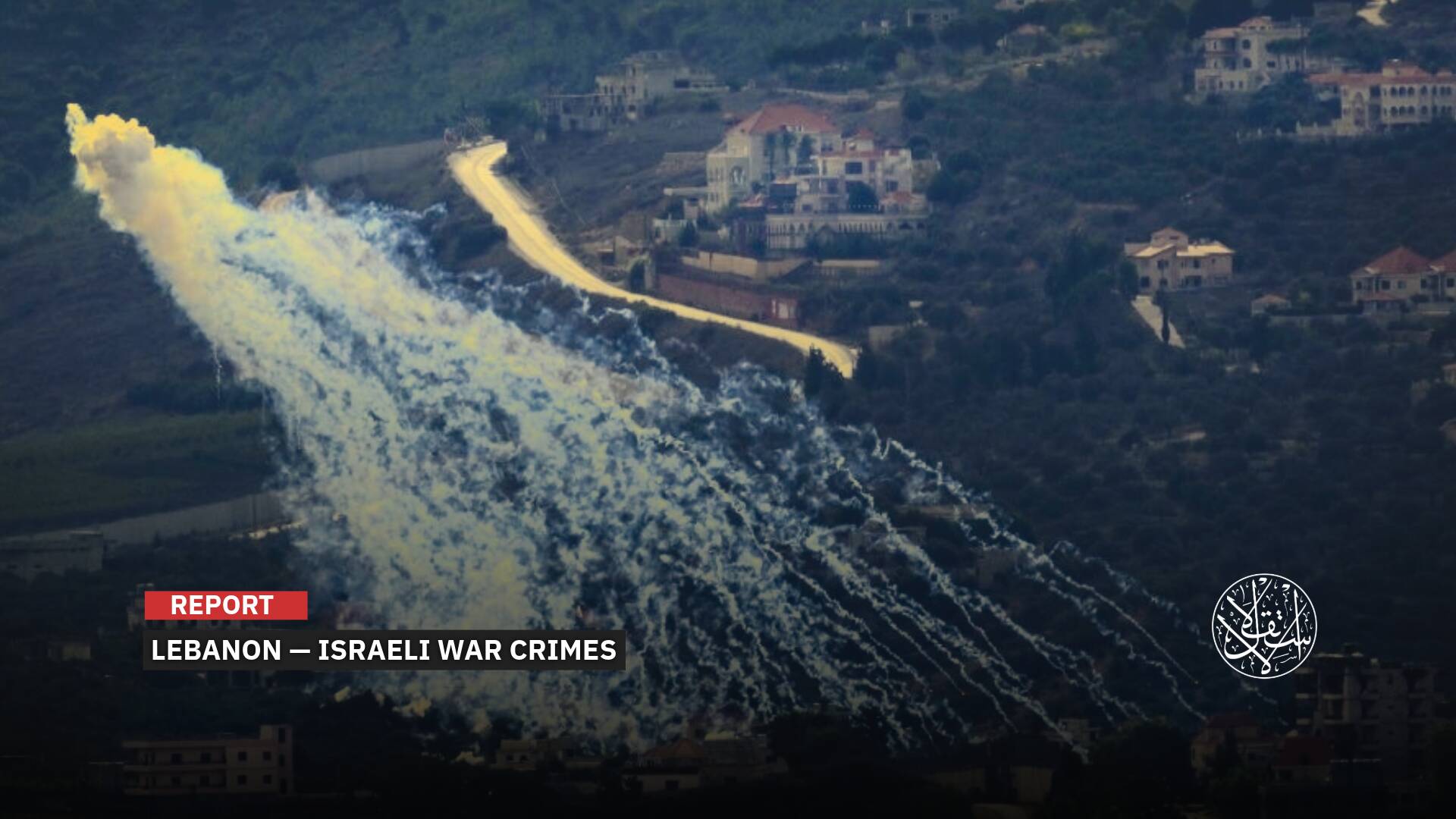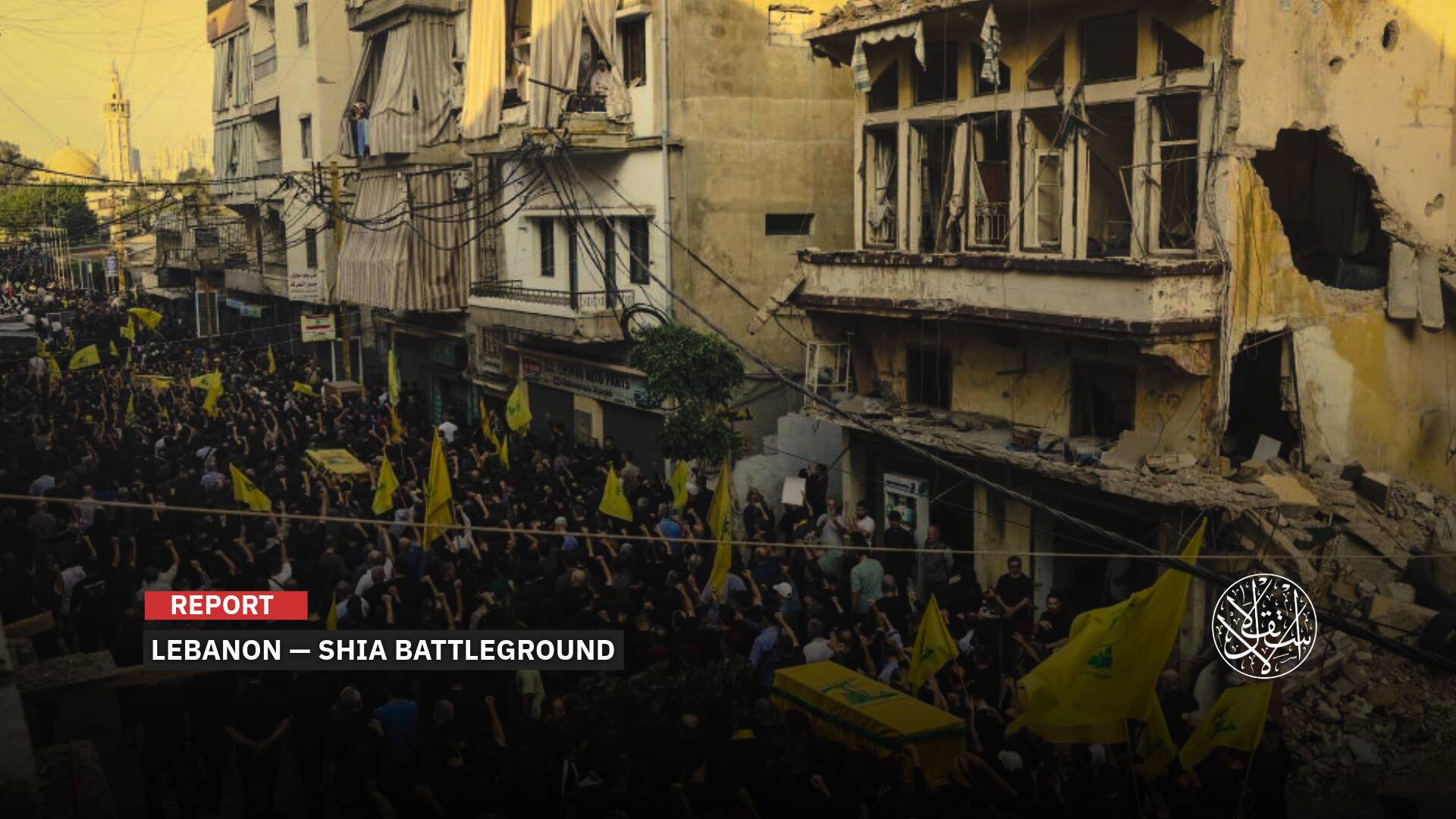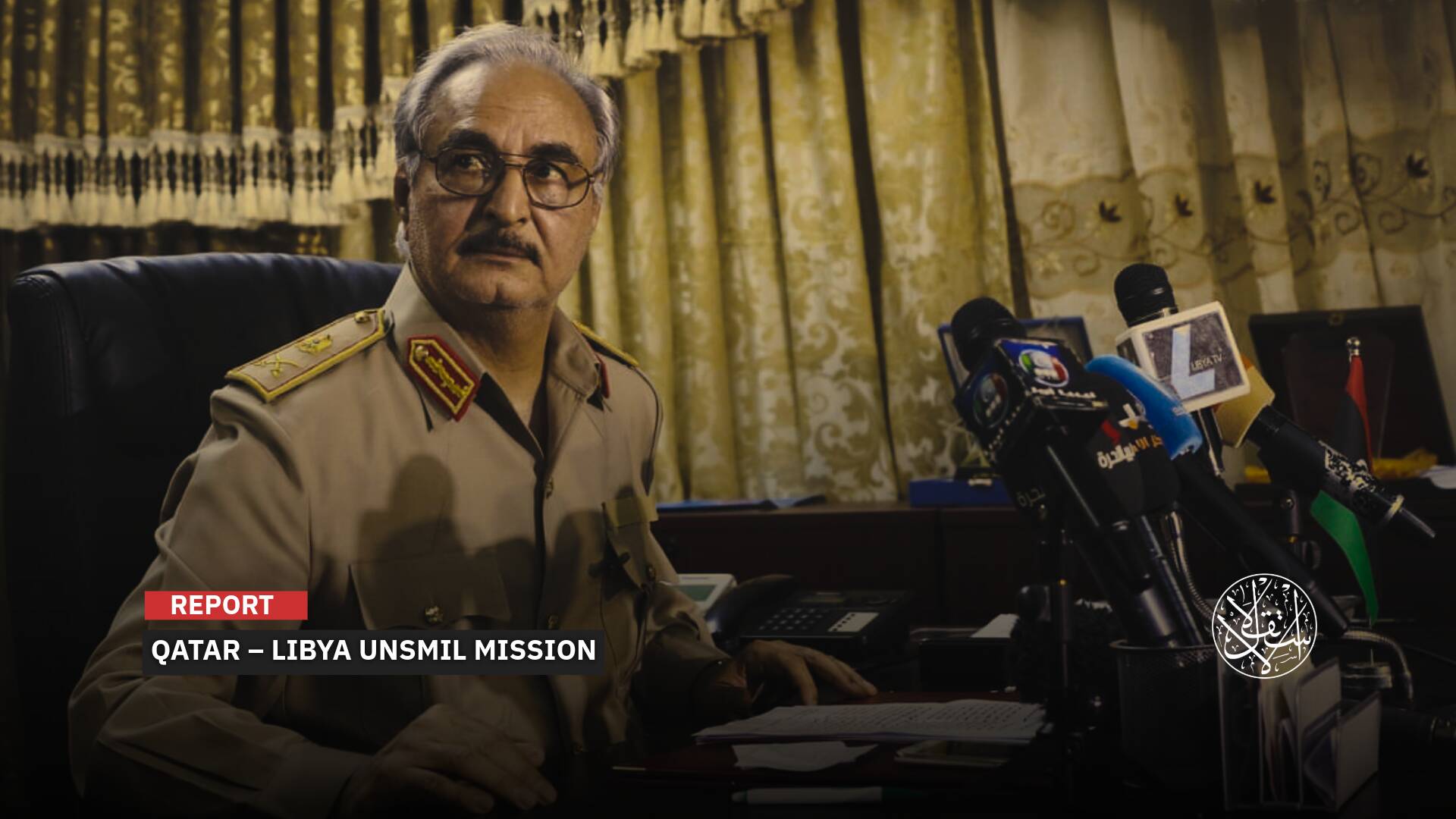34th Arab League Summit in Baghdad: Challenges and Crises | Overview of Key Arab Issues

Iraqis have voiced criticism over the high cost of holding the summit in Baghdad.
Amid a region rife with challenges, attention turns to Baghdad as Arab leaders gather for the 34th Arab League Summit “to address” key issues facing the Middle East.
The summit is set to take place on May 17, 2025, against the backdrop of multiple crises, including Israeli aggression in Gaza, Lebanon, and Yemen, as well as Syria's political transition and its associated challenges.
This marks the fourth time Baghdad has hosted the summit, following previous gatherings in 1978, 1990, and 2012.

A Grim Reality
The Arab League Summit convenes amid the ongoing genocide in Gaza, where Israeli attacks since October 7, 2023, have killed over 53,000 innocent Palestinians and injured more than 119,000, mostly women and children.
At the same time, “Israel” continues to violate the fragile truce in Lebanon following a brutal war with Hezbollah that left large parts of southern Lebanon and Beirut in ruins. Although a ceasefire took effect on November 27, 2024, the Israeli Occupation has yet to respect it. “Tel Aviv” and Washington refuse to support Lebanon’s reconstruction unless Hezbollah disarms and withdraws north of the Litani River, a demand fueling internal tensions. While President Joseph Aoun has pledged to unify arms under state control by 2025, Hezbollah staunchly rejects this.
In Syria, internal instability persists following the ousting of Bashar al-Assad on December 8, 2024, and the rise of Ahmed al-Sharaa to the presidency. Al-Sharaa is striving to prevent the country’s fragmentation, even as “Israel” intermittently strikes Syrian territory under various pretexts.
Yemen remains divided since the Houthi takeover in 2014 and the subsequent war involving the Saudi- and UAE-backed Arab coalition. Despite a ceasefire reached in April 2022, the conflict reignited after Israeli Occupation’s war on Gaza, with the Houthis launching missiles at Israeli targets. This prompted repeated Western and Israeli strikes on Yemen.
Meanwhile, Sudan has been locked in a devastating civil war since April 2023 between the army, led by Transitional Sovereignty Council head Abdel Fattah al-Burhan, and the UAE-backed Rapid Support Forces militias led by Mohamed Hamdan Dagalo (Hemedti). On May 6, 2025, Sudan formally severed ties with the UAE, labeling it a hostile state and recalling its diplomats, vowing to defend its sovereignty and civilians by all means.
Tensions have also flared between Algeria and the UAE. On May 1, 2025, Algerian outrage erupted over a Sky News Arabia program in which historian Mohamed Amine Belghith described the Amazigh as a “Zionist-French creation.” Algeria’s state broadcaster hit back, calling the UAE a “hybrid entity” spreading ideological poison and attacking Algerian unity—a move seen as an assault on the nation’s sovereignty and shared destiny.
Regionally, all eyes are on the renewed U.S.-Iran talks, which began on April 12, focused on Tehran’s nuclear program, one of the region’s most pressing issues.

Internal Challenges
While the Arab world faces numerous crises, Iraq—the summit’s host—is grappling with its own internal challenges, prompting criticism over the government's large and, to some, wasteful financial allocations for hosting Arab leaders.
According to Iraqi parliament member Zahir al-Fatlawi, the cost of hosting the Arab summit in Baghdad reached around $600 million.
“Iraq doesn’t need to hold it; there has been no real benefit since the beginning, especially considering that previous summits also cost millions of dollars without significant results,” he said during an interview.
“Iraq needs every penny of its funds today, rather than spending it on unnecessary endeavors.”
Parliament member Mustafa Sand, a member of the Financial Committee, stated that the amount allocated for the Arab summit exceeded 250 billion dinars ($190 million) for just one day.
“Only $13 million were allocated for tableware, kitchen tools, and hospitality, without considering food costs, he said, pointing out that such financial losses were not justified, and the summit would likely just be a “show” without any real outcomes.
While the Iraqi government has not officially announced the amount allocated for hosting the Arab summit in Baghdad, it has faced criticism after parliament members discussed the allocation of millions of dollars for it.
Iraqi political analyst Salam al-Husseini criticized the Iraqi government for its extravagant spending on the summit in a post on X on May 6, highlighting several points that reflect Iraq’s financial crisis.
He explained that while the Coordination Framework government, led by Mohammad Shia’ al-Sudani, allocates millions of dollars for the Arab summit, the Cabinet has authorized Finance Minister Taif Sami to withdraw tax trust funds, less than five years old, to pay employees’ salaries for April and the following months.
This is happening at the same time the government is issuing bonds worth seven trillion dinars ($1,320 per dollar) and discussing the cancellation of the 2025 budget, alongside a decline in foreign reserves by more than $7 billion.
Oil prices have sharply dropped to under $60, while the government had estimated them at $70 in the budget.
Al-Husseini pointed out that the budget deficit for 2024 reached 64 trillion dinars, according to Prime Minister’s adviser Muthar Saleh, and internal debt has increased by 17%, surpassing 83 trillion dinars by the end of the year.
This comes alongside a report from the International Monetary Fund, issued on April 23, warning of an economic contraction in Iraq, forecasting a 1.5% growth this year due to falling oil prices. The IMF estimates Iraq needs oil priced at $92 per barrel to cover public spending.
“Why is al-Sudani risking the upcoming summit in Baghdad at the expense of the state’s economy, which is on the brink of collapse?” the analyst questioned.
Expected Outcomes
As for the likely outcomes of the final statement from the Arab leaders’ summit in Baghdad, Iraqi affairs researcher Ali al-Masari believes it will not go beyond condemnations and denunciations, especially concerning the massacres in Gaza by the Israeli Occupation and violations of Arab states’ sovereignty.
“Even when the Arab League issues decisions, they are neither binding nor respected by the international community, as they usually remain on paper with no real actions, such as expelling Israeli ambassadors or boycotting the West to stop the genocide in Gaza,” he told Al-Estiklal.
“Internal Arab disputes and divisions will be met with general calls for restraint, without offering concrete solutions or imposing any penalties.”
Al-Masari expects low-level representation at the summit, potentially limited to the attendance of the head of the Egyptian regime Abdel Fattah el-Sisi, Jordan’s King Abdullah II, Lebanon’s president, and Palestinian Authority President Mahmoud Abbas.
He ruled out the presence of Syrian President Ahmed al-Sharaa, Saudi Crown Prince Mohammed bin Salman, Emirati President Mohammed bin Zayed, and Qatari Emir Tamim bin Hamad al-Thani. He noted that many other countries are facing internal crises that would likely prevent their leaders from attending, prompting them to send representatives instead.
He also sees the decision to hold the summit in Baghdad, despite an extraordinary summit taking place in Cairo on March 4, as driven by domestic electoral motives on the part of Prime Minister Mohammed Shia’ al-Sudani.
“By hosting the Arab summit in Baghdad, al-Sudani seeks to showcase his achievements in security, politics, and the economy since taking office in 2022, hoping this will secure him a second term in the upcoming elections scheduled for November 11, 2025,” al-Masari added.
Meanwhile, Iraqi writer Abbas Sarhan addressed Arab leaders directly, stating: “The cost of hosting you in Baghdad could fund treatment for a million children and build dozens of schools for the deprived children of my country.”
“What do we gain from your conferences, speeches, and slogans? Seventy-five years of Arab summits—and of spectacular failure,” Sarhan questioned in a piece published by Iraq’s Annabaa Network on May 1.
“Dozens of summits have produced nothing but empty condemnations and statements gathering dust in the drawers of the Arab League. Arab blood is traded in the markets of new occupiers, our wealth is plundered in broad daylight, and the tears of Gaza’s children have become a commodity in the political slave market.”
“If you truly cared for Arabs, you would have diverted your summit budgets into ships rescuing refugees, or into food for the hungry and shelter for those sleeping under the open sky. You, the leaders of failure and disgrace, may be choking on your luxury perfumes in your closed halls—but do you smell the blood flooding your homelands?” he added.
“It would be better for you to declare the death of your Arab League, which has neither protected its countries nor defended its people, nor once stood with honor throughout its history. It would be wiser to stay silent and stop issuing statements that the oppressed people have long grown tired of.”
Sources
- From growth to contraction: IMF's stark outlook for Iraq's economy
- "The Honest Summit": Middle East Conflict Tops Agenda at Arab League Summit in Baghdad [Arabic]
- Lasting Five Days: Agenda of the Arab League Summit in Baghdad [Arabic]
- Sudan Announces Severing Diplomatic Ties with the UAE [Arabic]
- After Airing Interview with Historian Who “Undermines Amazigh Identity,” Algerian TV Attacks UAE and Vows to “Respond in Kind” [Arabic]
- How Much Does the Arab League Summit in Baghdad Cost? [Arabic]
- Economic Contraction Warns Iraq of the "Worst" Financial Crisis in Years [Arabic]


